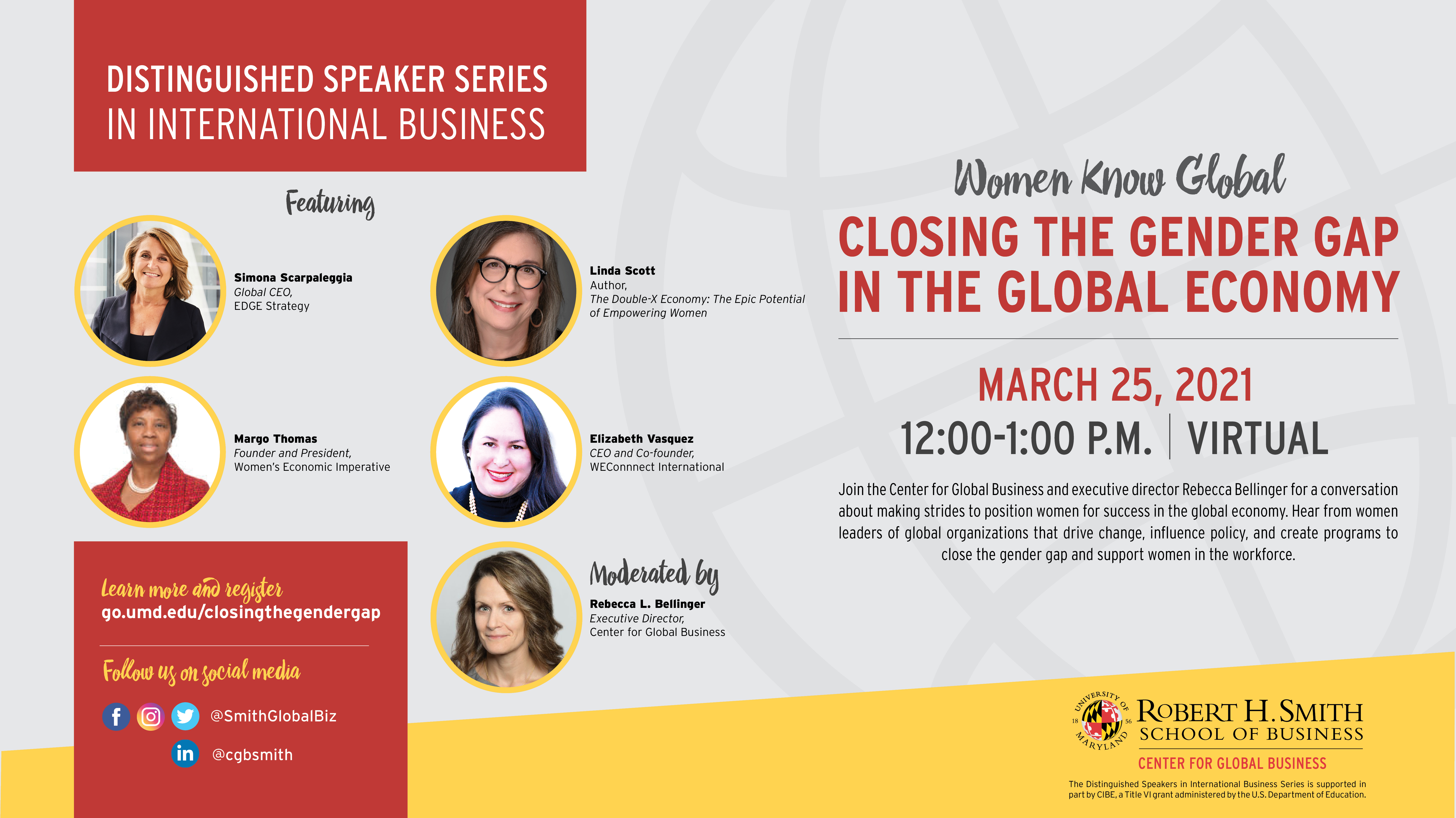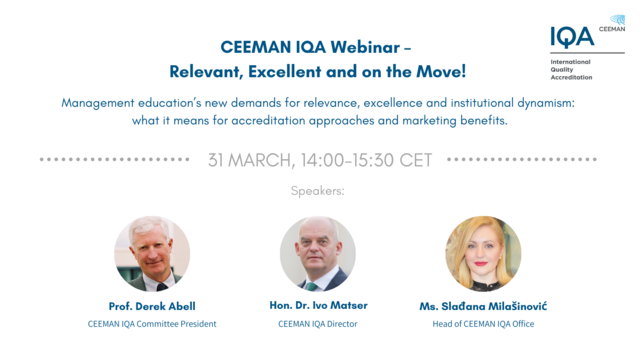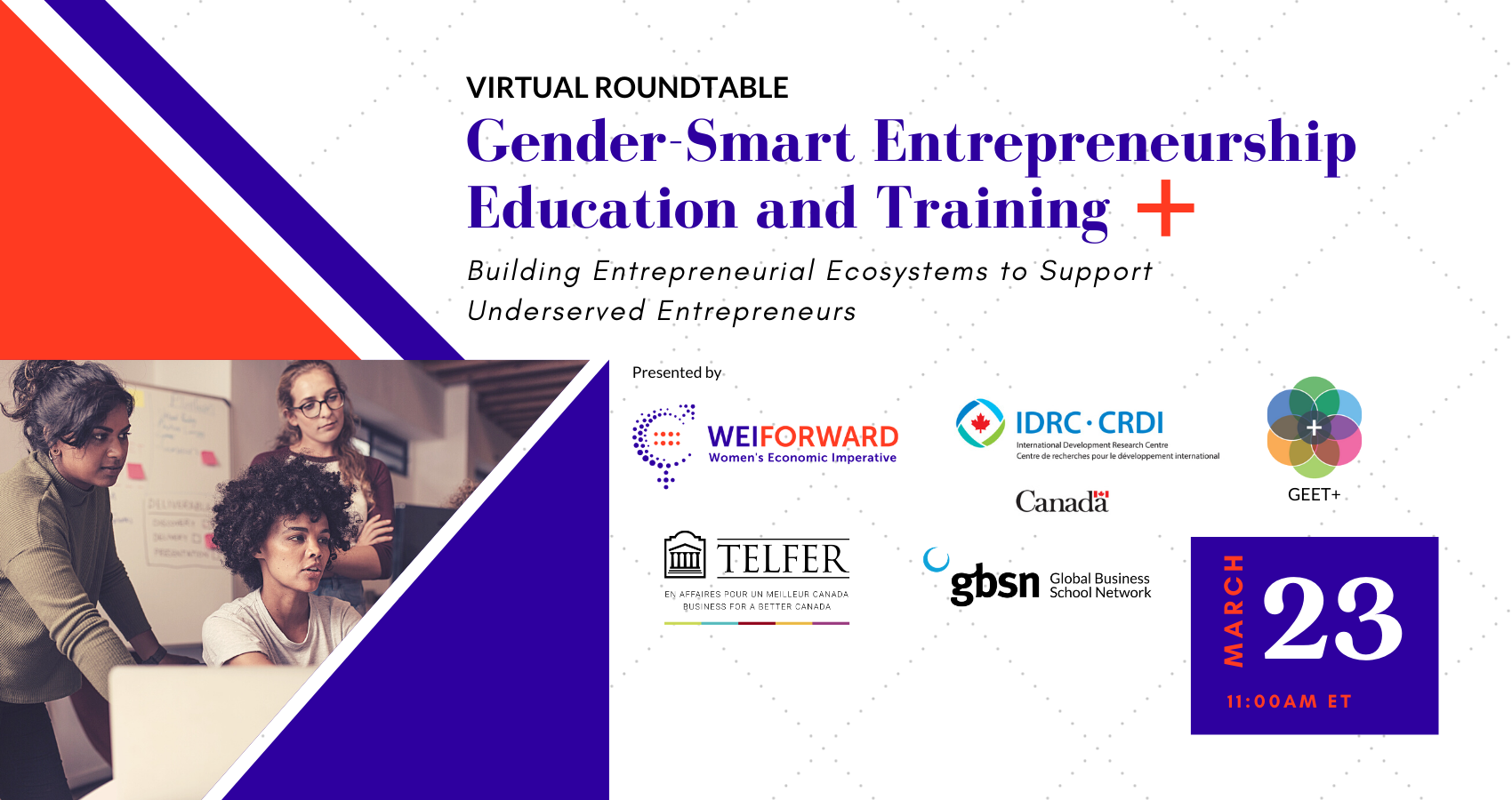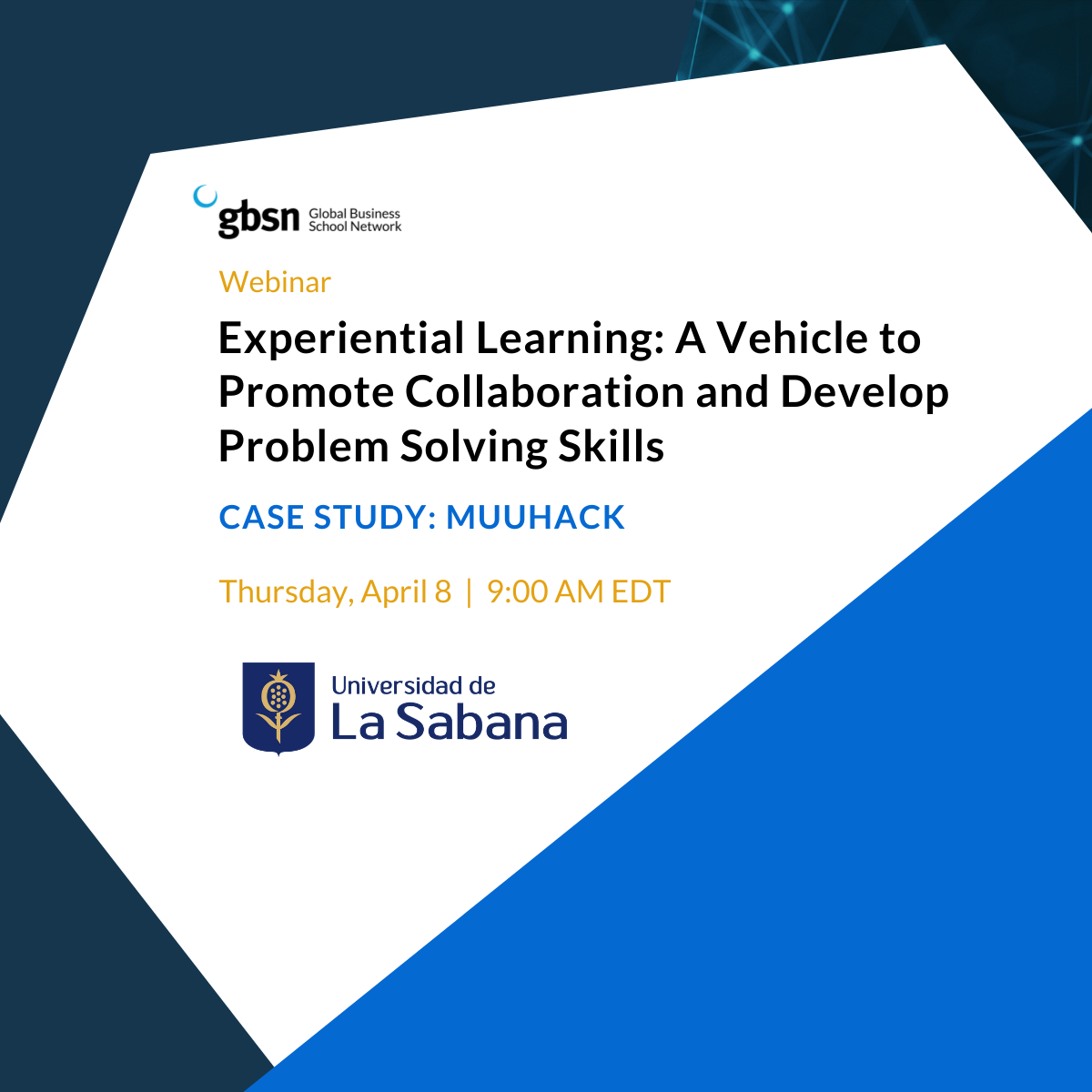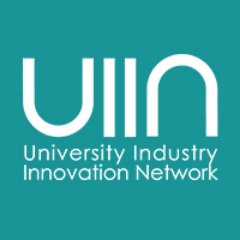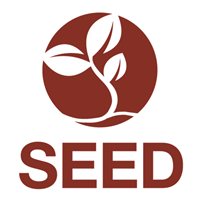Overview
The SEED Awards is an awards scheme designed to celebrate the most innovative and promising locally led enterprises in sustainable development. Each year, multiple award categories are offered, ranging from country- or region-specific topics. This year there are two (2) categories: SEED Low Carbon Awards and SEED Climate Adaptation Awards. SEED Award Winners and Runners-up are eligible for participation in our Accelerator and Catalyser programmes, respectively. Winners receive a matching grant up to 15,000 EUR and a 12-month support package.
The SEED Awards support established eco-inclusive enterprises that have proven market transactions (you have started selling your products/services). Applications should present a clear business case and feasible financial sustainability for its current/future revenue model. Applications that have potential to scale and can be replicated in order to maximise impact will be highly favoured.
This year there are two SEED Awards categories. Depending on your eco-inclusive enterprise and where it is operational, you may apply for only one of the categories:
- SEED Low Carbon Awards: Ghana, India, Indonesia, South Africa, Thailand & Uganda
- SEED Low Carbon Awards are open for eco-inclusive enterprises whose key activities, products and services contribute to a low carbon reality, climate change mitigation and climate change adaptation. The enterprises in the sectors of biodiversity, clean energy, green technologies, sustainable agriculture, waste management and resource efficiency as well as water, sanitation & health are all eligible in this Awards Scheme.
- SEED Climate Adaptation Awards: Botswana, Malawi, Zambia
- SEED Climate Adaptation Awards are open for eco-inclusive enterprises that prevent or minimise damages caused by global warming and fluctuating weather patterns. In other words, SEED Climate Change Adaptation Awards look for enterprises that provide solutions to respond to effects of climate change or prepare for future impacts. Examples include supporting efficient use of scarce water resources; developing drought-tolerant crops; food insecurity prevention; coastal management, natural disasters management and warning system etc.
When selecting SEED Award recipients, we look for enterprises that 1) demonstrate entrepreneurship and innovation; 2) deliver economic, social, and environmental benefits; 3) have the potential to scale-up and/or be replicated in other contexts; 4) are at early to growth stages; 5) have the intention and potential to become financially stable; 6) are in partnerships with different stakeholder groups; 7) are locally founded or locally led and 8) meet country and/or sector requirements.
Eligibility
The SEED Awards 2021 are open to eco-inclusive enterprises from Botswana, Ghana, India, Indonesia, Malawi, South Africa, Thailand, Uganda, and Zambia.
All eco-inclusive enterprises from eligible countries of each award category are welcome to apply.
Regardless of the entity’s legal status, eco inclusive enterprises refer to enterprises that contribute to sustainable development. They are market-driven entities that provide solutions to social and environmental problems.
They create impact in marginalised communities, and contribute to eliminating poverty through pioneer business models based on sustainability and the creation of responsible products, services and value chains. These enterprises are ideally located within communities and generate lasting social and economic opportunities. They employ and incorporate low-income or vulnerable populations, including women and unemployed youth, in their value chains as suppliers, distributors and consumers.
Application Process
Entries for the SEED Awards 2021 opened on 1st Feb 2021. Applications are accepted on the SEED Platform at https://app.seed.uno/. New users will need to register for a new account to be able to access the application form. This provides secure access to all the information you will need to submit an application.
Registration is now open. We encourage you to register early to the platform to receive updated information about the SEED Awards.
Applications are only accepted on the SEED Platform. That said, we endeavour to support all applicants as much as possible. Please contact the SEED Awards team about your situation.
Applications must be completed in English. To support non-native English speakers, we also provide pdf versions of the application form in local languages on our platform, which applicants can download as a reference.
Awards
SEED Low Carbon Awards: Ghana, South Africa, Uganda, India, Indonesia, Thailand
- 6 Winners receive 1 year SEED Accelerator support & 10,000 EUR matching grant each
- 24 Runners-up receive 6 months SEED Catalyser support & 1,500 EUR grant each
SEED Climate Adaption Awards: Botswana, Malawi, Zambia
- 3 Winners receive 1 year SEED Accelerator support & 15,000 EUR matching grant each
- 15 Runners-up receive SEED Catalyser support & 1,500 EUR matching grant each
Winners and Runners-up will also receive Support Packages containing:
- Business capacity building through SEED Catalyser or SEED Accelerator workshops
- Expert advisory on business and financial planning
- SEED Enterprise Toolkit for collaborating and hands-on design thinking methods for enterprise development
- Global profiling at high-level Awards ceremony and SEED partner events
- Networking opportunities through global SEED communication networks and via your own SEED enterprise profile
Registration Information
To register & apply visit app.seed.uno.
Key Deadlines and Dates
- February 1st, 2021: Registration opens
- March 22nd, 2021: Registration closes
- June 2021: SEED Awards winners and runners-up announcement
Contact Information
Email: seedawards2021@seed.uno
Messenger: https://m.me/seed.uno




